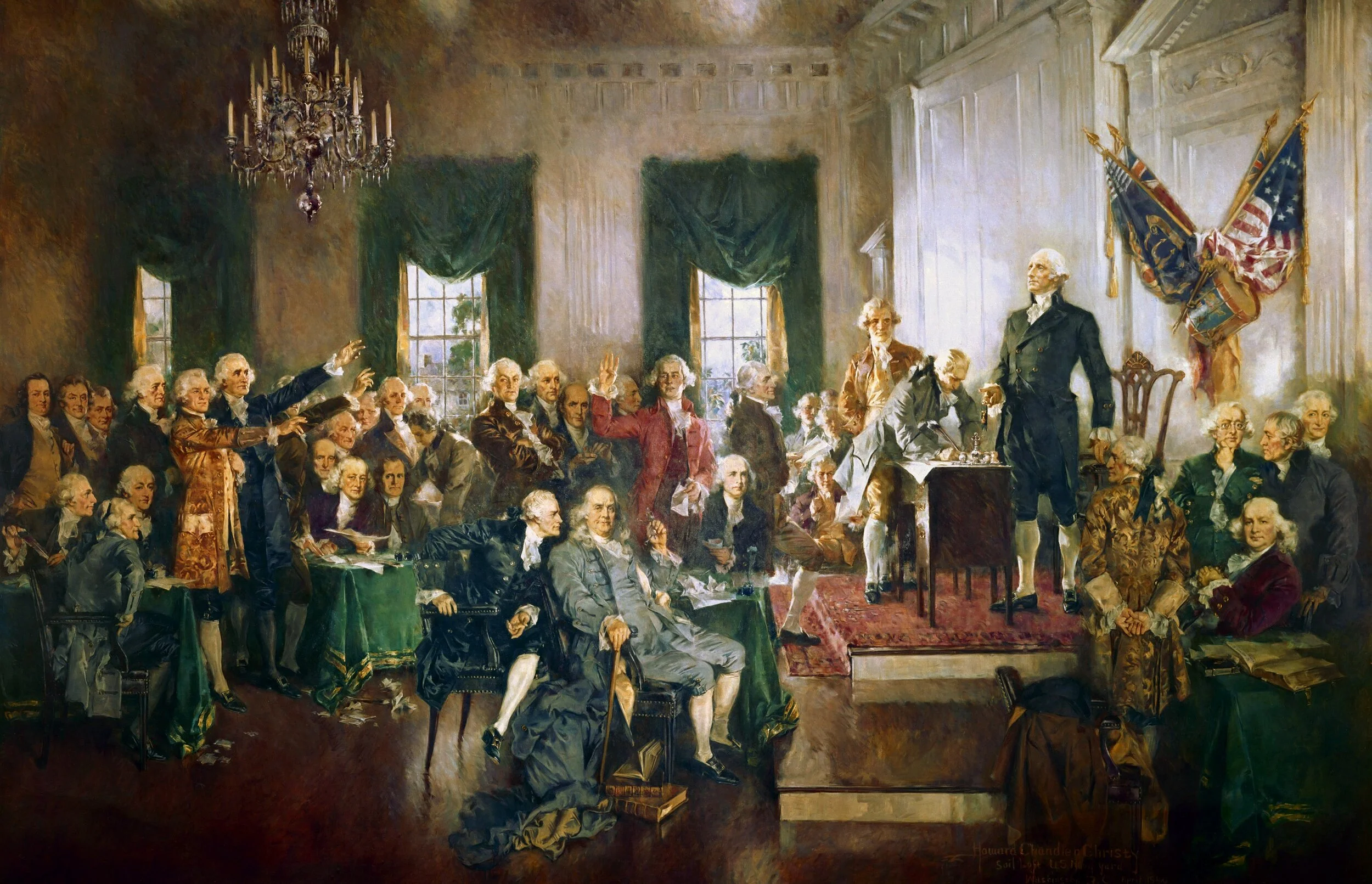Open the Window
/There is a concept in social and political theory called, “The Overton Window.” This “window” describes the range of options that are possible to imagine at a particular moment in time. It describes the limitations of the common, popular will to accept some conditions, but not others.
The term “Overton window” was coined only about 25 years ago. According to some it is a new idea and obscure way of thinking. But it isn’t. In fact, most social progress occurs this way. As far back as 1868, British author Anthony Trollope recognized the process in a conversation between characters in his novel, Phineas Finn:
"Many who before regarded legislation on the subject as chimerical, will now fancy that it is only dangerous, or perhaps not more than difficult. And so in time it will come to be looked on as among the things possible, then among the things probable;–and so at last it will be ranged in the list of those few measures which the country requires as being absolutely needed. That is the way public opinion is made."
"It is well," said Phineas, "to have taken the first great step in making it."
"The first great step was taken long ago," said Mr. Monk,–"taken by men who were looked upon as revolutionary demagogues, almost as traitors, because they took it."
The Overton Window shifts from time to time, admitting new possibilities and dismissing old norms. The window includes, at any moment, the behaviors and opinions that are common and also those that are not popular but are at least imaginable.
All clear? Here’s an example.
When I was a child, smoking was completely common. My father smoked a pipe, and like the majority of men in those days he’d fire it up almost anywhere and anytime. Because smoking was common and widely accepted, every household had ashtrays and matches available for guests’ use. And those ashtrays were usually placed near the most comfortable chair where the smoker expected to sit. Even my widowed aunt, whose husband had died of lung cancer from smoking, kept ashtrays within reach of every seat in her prim and tidy living room.
In those days, the Overton Window framed a wide acceptance of smoking and the expectation that guests were entitled to smoke where they pleased — even in the home of people who didn’t smoke.
But then sometime in the ‘70s, a change began to happen. People began to ask, “Do you mind if I smoke?”
Smokers began to recognize that the stink and filth of their habit wasn’t welcome everywhere. In the early stages of the anti-smoking shift, there were no new laws. It was just a shift in behavior and opinion.
Eventually, the trend shifted even further, and smokers learned to step outside before firing up. They learned to assume that the answer to the question, “Do you mind if I smoke?” was usually, “Yes, I do mind!”
In my lifetime, the Overton Window for smoking has shifted to an entirely different frame. Today, almost everybody does what nobody even considered doing back then, and nobody today does what was considered normal back then.
Similar shifts have occurred in other areas. when I was a kid, many of the vehicles on the road didn’t have seat belts. Later on, seat belts came with the car, but nobody used them. Then people started using them. And now everybody does. There was some grumbling along the way. But if you lived through that transition, you probably recall that most people were already wearing seat belts voluntarily before the law made it mandatory for everyone.
And the beauty of the shift is that it was accomplished without violence, protest, or anger. Government regulation played a role, but the regulation was mostly accepted because people had already accepted the change before the government imposed the rule.
This same sort of peaceful, slow thought process needs to occur in America’s government. Citizens who want change (and that’s everybody!) are apt to think these days that the best way forward is with noisy protests, stupid hats, and nasty comments about the people on the other side.
None of those things will succeed.
Instead, citizens need to just work on sliding the Overton Window in the right direction. Instead of forcing unwelcome change down the throats of reluctant neighbors, they should simply assert that things that “will never happen” typically do happen eventually.
In the movie, Cloud Atlas, there is a montage scene in which various characters discover a new freedom or possibility. Several characters feel kindness toward someone they previously considered enemies or adversaries. Over the montage, the narrator says:
All boundaries are conventions, waiting to be transcended. One may transcend any convention if only one can first conceive of doing so.
And that is surely true where American civics and governance are concerned. Better community is possible. Domestic tranquility and the general welfare are possible. But it is necessary to “first conceive” of them. It is necessary to defeat the immense, irrational pessimism that grips most Americans today.
When people come around to believing that change for the better is possible, most changes will be easy to accomplish. The work of today for hopeful citizens, it to convince as many people in their circle of acquaintance to see the possibilities.
Let’s open the Overton Window!









